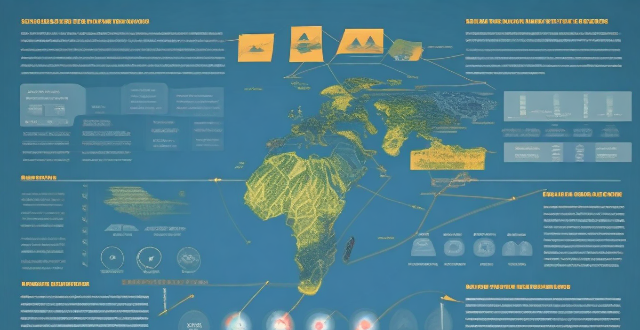The article discusses the impact of climate change on the future of remote work and virtual employment. It states that rising temperatures, extreme weather events, and environmental concerns are driving factors for the shift towards remote work arrangements. As a result, there is an increasing demand for remote work options, technology advancements to support virtual employment, and a changing work culture that focuses on results rather than physical presence. The article concludes that embracing these changes can lead to a sustainable and efficient future of work.

The Impact of Climate Change on the Future of Remote Work and Virtual Employment
Introduction
Climate change, a pressing global issue, is reshaping our world in numerous ways, including how we work. The traditional office setting is gradually shifting towards remote work and virtual employment due to various factors, one of which is climate change. This article will explore how climate change influences the future of remote work and virtual employment.
---
The Role of Climate Change
*Rising Temperatures*
Global warming leads to rising temperatures, making traditional office environments less comfortable and productive. This discomfort can be mitigated by working from home where individuals can control their surroundings better.
*Extreme Weather Events*
Frequent extreme weather events such as hurricanes, floods, and wildfires disrupt traditional workplaces, forcing many companies to consider remote work options to ensure business continuity.
*Environmental Concerns*
As environmental awareness grows, many are looking for ways to reduce their carbon footprint. Remote work eliminates daily commutes, significantly reducing carbon emissions.
---
The Influence on Remote Work and Virtual Employment
*Increasing Demand for Remote Work*
Given the challenges posed by climate change, there's an increasing demand for remote work arrangements. Companies that offer flexible work options are more likely to attract and retain talent concerned about climate change impacts.
*Technology Advancements*
To support remote work effectively, technology continues to evolve. From video conferencing software to project management tools, these advancements facilitate virtual employment and make it more efficient.
*Changing Work Culture*
As remote work becomes more common, work culture is adapting. The focus shifts from being present in a physical office to achieving results regardless of location. This shift encourages productivity and flexibility.
---
Conclusion
Climate change is a catalyst for the growing trend of remote work and virtual employment. By embracing these changes, businesses not only address climate-related challenges but also improve employee satisfaction and productivity. As we navigate through these changes, it's essential to continue exploring innovative solutions to create a sustainable and efficient future of work.